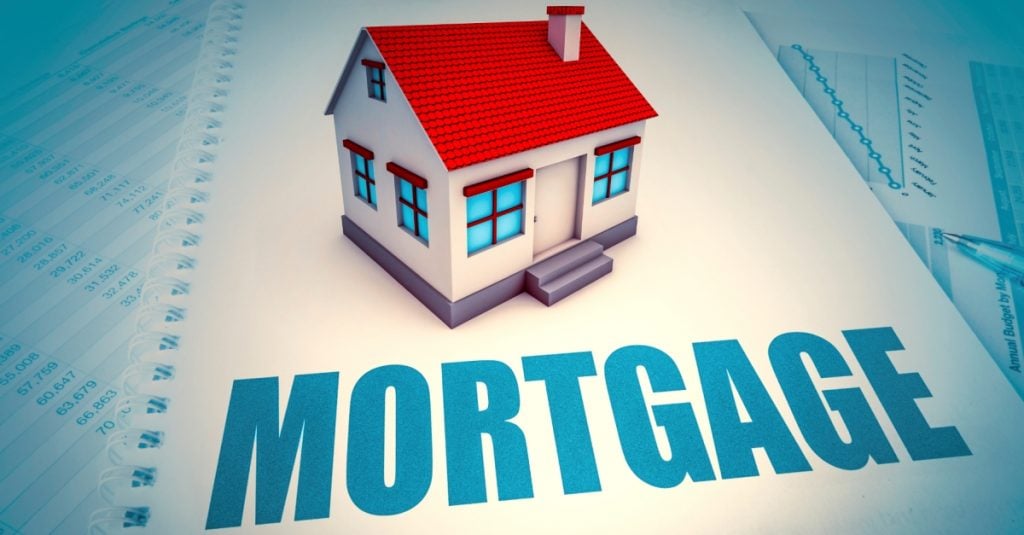Buying a second home can be a very rewarding, financially beneficial decision. A second property can open up a whole new range of exciting possibilities. You can use the second property for any number of purposes: vacation spot, rental unit, and plenty of others. However, whenever you decide to obtain a second home, this decision brings up certain financial considerations which require a good deal of mental energy to figure out. A second home may bring about certain income-generating possibilities; but, at the same time, a second home comes with tax implications which can be tricky to understand and navigate.

In this post, we will discuss a few of the financial consideration which follow when you decide to buy a second home. We will go over the basics of obtaining a second mortgage, and then move to using your second home as an investment property. Finally, we will go over a few of the tax implications which come up whenever you buy a second home.
Obtaining a Second Mortgage Can Be Difficult
One thing you need to consider when you decide to buy a second home is that a second home mortgage can be difficult to obtain. This is because lenders have requirements for second home mortgages which are a bit tighter than mortgages for primary residences. For one thing, you’ll need to put down minimum 10% on a conventional mortgage loan for a second home, and some lenders may require more. If the loan is a jumbo loan, you’ll need to put down minimum 20%. Lenders also like to see credit scores which are higher; most like to see scores around 700, but some may tolerate scores a bit lower.
Your employment status needs to be stable and you must be able to substantiate your status with documentation. Importantly, you’ll need significant cash reserves. You’ll need to show your lender that you have the ability to service your loan independently without any additional income for at least 6 months. The hurdle for obtaining a second home mortgage is a bit higher than normal, and it’s something you need to think about. But, with adequate effort, it’s nothing that you can’t surmount.
Renting a Second Home to Tenants Can Be Financially Rewarding
Another thing you should be aware of when you obtain a second home is that converting this home to a rental property can be financially rewarding. Renting your property out to a tenant (or tenants) will undoubtedly bring about many responsibilities. For instance, you will be in charge of collecting the rent, taking care of any complaints, repairing damage done by tenants, tracking down late rent payments, and so forth. But, the income you generate from a rental property can often be quite substantial.
In many cases, the rent payments will either equal or exceed your mortgage payment. This means that you can build equity in your second home using someone else’s funds! This is a very attractive proposition. Again, this will definitely require a good bit of work on your part, but the financial rewards can often outweigh the costs.
Before you purchase your second home, you should think about whether you want to convert it to a rental property or simply use it as a part-time dwelling unit. This is because lenders will treat loans for second homes used for personal purposes differently than they will for investment properties. The lending requirements aren’t radically different, but again you should still be aware of this fact.
Be Mindful of the Tax Implications of a Second Home
When you buy a second home, this additional property will carry along with it certain tax implications. This is true regardless of whether you obtain a second home loan or pay for your extra property entirely with cash. The first thing you should know is that there are limitations to the “principal residence exclusion” under IRC Section 121.
If you ever intend to use Section 121 on your second home, you need to know how to comply with its requirements. To do this, you should consult with an experienced tax attorney who can go over the requirements in detail. For instance, to claim Section 121, you need to reside in the home on a permanent basis for at least 2 years out of the most recent 5 year lookback period. And, you can only claim Section 121 once every 2 years. This means that, if you sell your first home and invoke Section 121, you cannot simply move into your second home and then quickly use Section 121 again after a 6 month dwelling period. You will need to reside in the second home for at least 2 years, assuming that you didn’t previously reside in it at some point during the most recent 5 year period.
What’s more, if you convert your second home into an investment property on a part-time basis, you should be aware of the implications of this conversion for IRC Section 1031 purposes. If you use your second home as a part-time investment property, the IRS sets certain restrictions on how often you can use the property.
If you abide these guidelines set by the IRS, then your second home can be used in a tax-deferred Section 1031 exchange, which is important because you can defer your tax liability as long as you acquire another property. The IRS guidelines are set forth in a document called Revenue Procedure 2008-16. Again, consult with a tax attorney before you rent out your second home to ensure that you don’t lose the ability to conduct a 1031 exchange.